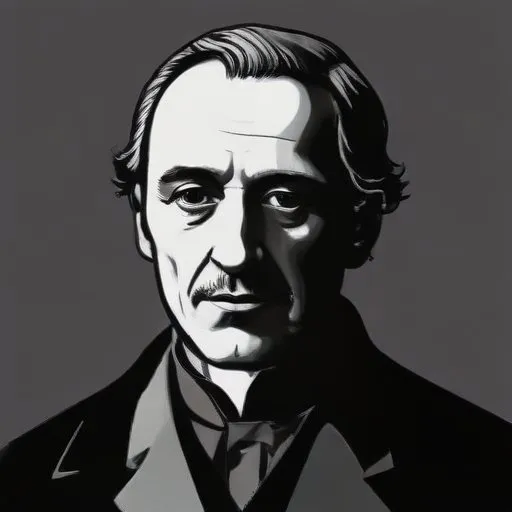
A 19th-century German poet and translator who played a significant role in popularizing American literature in Germany, particularly the works of Henry Wadsworth Longfellow.

Born in 1749
A German literary giant who penned iconic works like "Faust" and "The Sorrows of Young Werther", shaping the Romantic movement and influencing countless writers.
Born in 1759
A renowned poet and playwright who crafted influential works that explored the human condition, morality, and the struggle for freedom, leaving a lasting impact on German literature.
Born in 1787
A 19th-century German literary figure who wrote romantic poetry and studied medieval history and literature, known for his lyrical and patriotic works. He's a significant contributor to the German literary canon.
Born in 1810
A renowned Romantic-era composer and influential music critic, known for his expressive and emotionally charged works, including symphonies, piano music, and art songs.
Born in 1809
A renowned 19th-century musician who masterfully blended classical and romantic styles, creating iconic works like the "Wedding March" and "Elijah" oratorio. His compositions continue to inspire and influence generations of artists.
Born in 1797
A 19th-century literary mastermind who penned poignant poetry and biting social commentary, known for his witty satire and romantic verses that still resonate today.
Born in 1849
A pioneering figure in Swedish literature, known for his bold, innovative, and often provocative works that explored the human psyche, relationships, and societal norms.